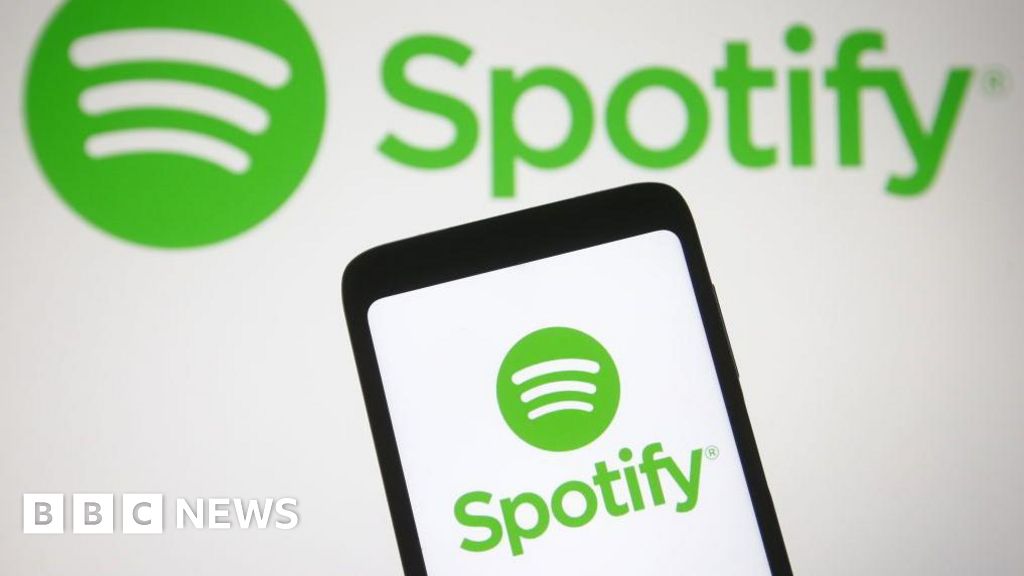
A band called The Velvet Sundown has had its tracks played hundreds of thousands of times on Spotify since appearing several weeks ago – without anyone knowing for sure what it is.
The band has a verified page on the music streaming platform, with more than 850,000 monthly listeners.
However, none of the four named musicians in the band have given any interviews or appear to have individual social media accounts, and there are no records of any live performances.
It has prompted accusations that they and their music are artificial intelligence (AI) generated – something the band denies on social media.
It did not respond to the BBC’s request for an interview.
Further confusing the story, Rolling Stone US reported that the band’s spokesman had admitted The Velvet Sundown’s music had been generated using an AI tool called Suno – only for the magazine to report shortly afterwards that the spokesman was himself a hoax.
The man, who goes by the name of Andrew Frelon, said it was a deliberate plot to hoax the media.
A statement on the band’s Spotify page says that the group has “no affiliation with this individual, nor any evidence confirming their identity or existence.”
An account on X which claims to be the band’s official channel, is also fake, it added.
Professor Gina Neff, from the Minderoo Centre for Technology and Democracy at the University of Cambridge, says it points to a problem which affects much more than just one band.
“Whether this is an AI band may not seem important,” she told me.
“But increasingly, our collective grip on reality seems shaky. The Velvet Sundown story plays into the fears we have of losing control of AI and shows how important protecting online information is.”
The Velvet Sundown’s indie ballads, with guitar music and male vocals, is fairly easy, if bland, on the ear.
With lyrics such as “eyes like film in faded light, dreams walk barefoot into the night” and “ash and velvet, smoke and flame, calling out in freedom’s name”, it could all feasibly be either AI-generated or penned by humans.
Deezer, a rival music streaming platform, said that its AI detector tool had flagged the music as being “100% AI generated”.
Spotify did not respond to a request for comment.
CEO Daniel Ek has previously told the BBC that he did not intend to ban AI-generated music from the platform but added that he did not agree with using the tech to mimic real artists.
Many in the creative arts industry are deeply concerned about the impact of AI.
Hundreds of musicians have protested about the use of their content in the training of AI tools to create music.
Sir Elton John and Dua Lipa joined many members of the House of Lords in fighting for the UK government to include AI and copyright in a new set of laws regarding data use and access. Their campaign was ultimately unsuccessful.
The government says it is carrying out a separate consultation about AI and copyright.
Ed Newton Rex, founder of Fairly Trained, which campaigns for AI firms to respect creators’ rights, said the questions around the The Velvet Sundown bore out musicians’ concerns.
“This is exactly what artists have been worried about, it’s theft dressed up as competition,” he said.
“AI companies steal artists’ work to build their products, then flood the market with knock-offs, meaning less money goes to human musicians.”
Sophie Jones, chief strategy officer at BPI, said it illustrated the need for government action.
“This discussion reinforces many of the concerns raised by the music industry and artist community in recent months on the critical issues of AI and music rights.




